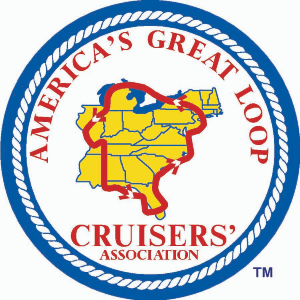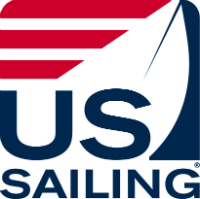
Editor's Note: This is part of an ongoing series of timely updates and insights on an issue critical to both cruisers and Georgia residents that is being researched and covered by Waterway Guide Editor-In-Chief, Ed Tillett. We will continue to keep readers informed via our news website, newsletter and on Facebook.
The public comment period has ended for some provisions of Georgia’s new laws related to anchoring and securing a permit to stay overnight on boats in its coastal waters. The state’s Department of Natural Resources (DNR) is tallying the results. What impact the comments, emails and phone calls to DNR will have on the state’s handling of this issue remains to be seen.
When House Bill 201 (HB201) was signed into law on May 7, 2020, resident and visiting boaters, and boating interest groups, realized that they had been left out of the conversation about problems the state was attempting to correct. By the time the legislature passed HB201 it was too late to adjust. Now there is focused interest on revising some of the provisions of the new law. Conversations are ongoing and meetings are being held to refine everyone’s understanding of the regulations. Regardless, the law is in effect and becomes enforceable on January 1, 2020.
This is a complicated issue to unravel due to the language and intent of HB201, what the law requires of DNR, and the history of how Georgia has defined and dealt with “live-aboard” vessels. From the analysis conducted by boating interests since the new law’s passage, there appears to be a misunderstanding on the state’s part of how extended and weekend cruising vessels should be classified, and what the state stands to lose if those boaters are reluctant to visit.
Georgia has one of the most scenic stretches of coastline in America. The Atlantic Intracoastal Waterway (AICW) that runs along the coast of Georgia is a marine highway used by thousands of vessels each year. An overarching concern by many marinas and coastal communities is that the new laws will discourage boating activity due to unreasonable oversight, additional costs and heightened enforcement aimed at residents and visitors.
Short of a dedicated and expensive survey, there are no substantive numbers available to define the economic impact of boaters who transit the state or visit their vessels for weekend pleasure or extended vacations. There are published estimates and overall figures associated with boating in the state from industry groups that may put into perspective the value of vessels on the water.
- The National Marine Manufacturers Association (NMMA) reports that $4.3 billion in economic activity, 638 businesses and 15,000 jobs are tied to boating. There are 322,000 registered vessels in Georgia and the state’s residents spent $632 million on new boats, trailers, engines and accessories in 2018.
- There are 30 marinas, 17 service facilities, 43 identified anchorages and 15 fuel docks along the AICW of Georgia. Many local economies such as Savannah, Thunderbolt, Wilmington Island, Sunbury, Darien, St. Simon’s Island, Brunswick, Jekyll Island, and St. Mary’s cater to transiting and weekend boaters. (WG Explorer)
- An unconfirmed survey indicates that the average transiting vessel spends $85 per stopover. With 76% spending $25-$100, 96% spending $25-$200, and 4% spending in excess of $200. These numbers appear reasonable to anyone who has spent time cruising the AICW.
Whether boats will bypass Georgia on their way north or south due to concern or outrage over the new regulations remains to be seen. Weekend trips by residents and locals will be affected only by their reluctance to deal with new laws. Either way, the recent passage of the regulations has disappointed residents, visitors and business owners alike who were surprised by the state’s handling of what it says are too many derelict and abandoned vessels, and irresponsible full-time residents living on boats.
Extended cruisers and local residents who spend weeks throughout the year on their boats exploring America’s waterways value their lifestyle and independence. Georgia’s new laws will add another layer of requirements and oversight on to responsible boaters who will now be required to show no harm with several of the provisions. The cost of this action by the state may not be readily measured in economic terms, but the price of negative public relations appears to be mounting for Georgia.












